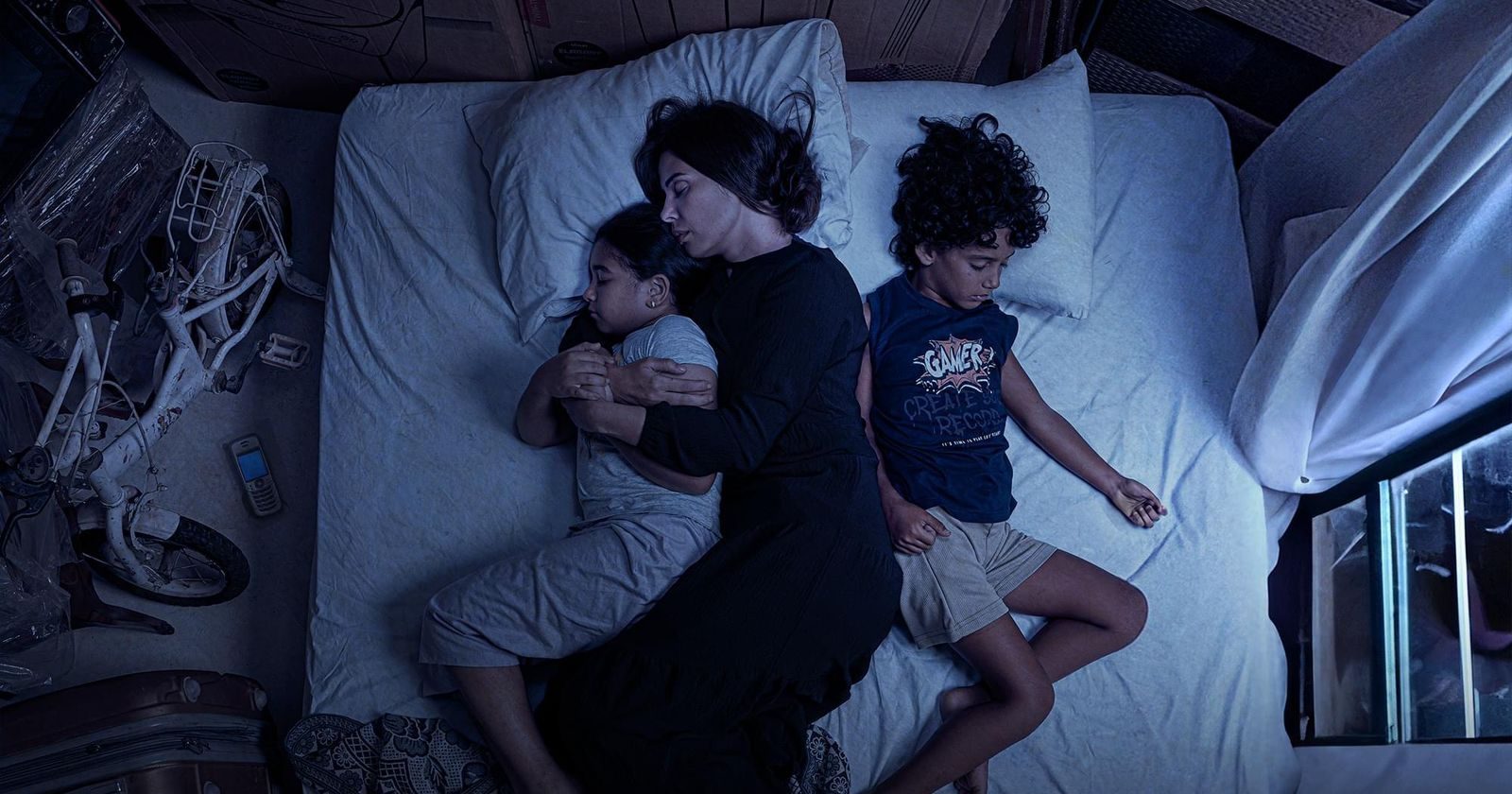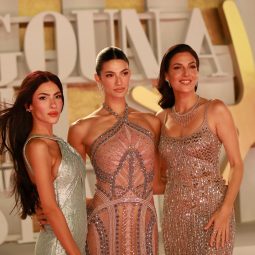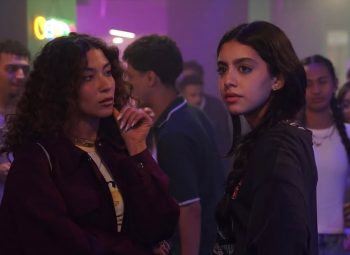The final episodes of Be Raghm el Qanoon have solidified the show as one of the most talked-about off-season shows. While it faced mixed reactions initially, it managed to captivate audiences during its run. Its compelling narrative, alongside Iman El Assi's breakthrough performance, kept viewers hooked.
Despite early comparisons to other works like Taht El Wesaya, it successfully distinguished itself, particularly through its exploration of complex themes such as gaslighting, betrayal, and the pursuit of justice. Here's a full-on critical review of the show's strengths and weaknesses.
Iman El Assi's Breakout

At the heart of Be Raghm el Qanoon is the stellar performance of Iman El Assi. This role marks a pivotal moment in her career as she steps into the spotlight with her first leading role. Known for her supporting roles in previous series like Gaafar El Omda, Iman has taken on the challenge of carrying this series on her shoulders, and she's exceeded expectations.
Her portrayal of Laila is both emotionally raw and complex. From the outset, Iman showcases a deep vulnerability as a mother navigating the uncertainties of her husband's mysterious disappearance. Her raw emotion in multiple moments of the show has resonated with viewers, highlighting her ability to convey deep emotional turmoil. The character requires a balance of strength and fragility, which she brings to life with conviction. Fans and critics alike have praised her performance, noting that it solidifies her status as a leading actress capable of anchoring a show. Special recognition is also due to acting coach Ahmed Mubarak, whose guidance has helped elevate her portrayal to new heights.
Strong Supporting Cast
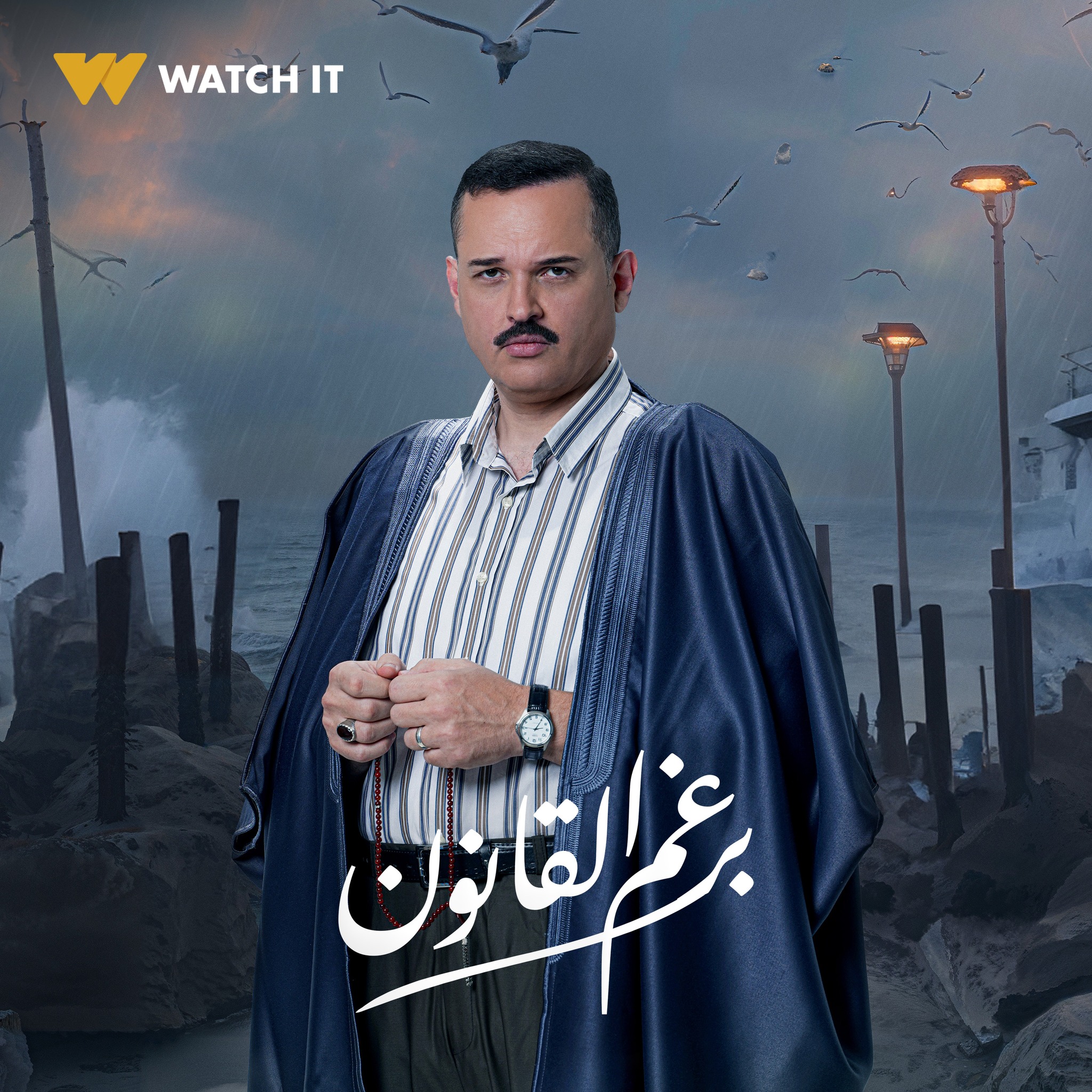
Mohamed Mahmoud Abdelaziz's character stood out well among audiences. His transformation in appearance and roles feels like a turning point in his career, and Be Raghm el Qanoon could be his breakthrough, much like Iman El Assi's.

Whether it is Mohamed or Iman, it is Mohamed El Kess who steals the show with his portrayal of Akram. He brings a level of complexity to the character that leaves viewers torn between sympathy and hatred. His relationship with his two wives, Laila and Perihan, is one of the most exciting parts of the show. Both women are deeply affected by his manipulation, yet their responses are totally different.
While Laila remains strong, focused on uncovering the truth for her children, Perihan is more fragile, clinging to a toxic love out of fear of being alone. The dynamic between these characters highlights the show's exploration of psychological manipulation and emotional abuse. With that said, one of the show's standout moments came from Farah Youssef, whose role as a mother to teenagers, despite being young enough to play more youthful characters, was handled with credibility.
Rehab El Gamal, cast as Iman's sister, was a curious choice given the stark difference in their appearances. Despite this, Rehab's portrayal showcased a range of emotions and added nuance to her character, though the casting itself could have been more thoughtful.
Bumps Along the Way
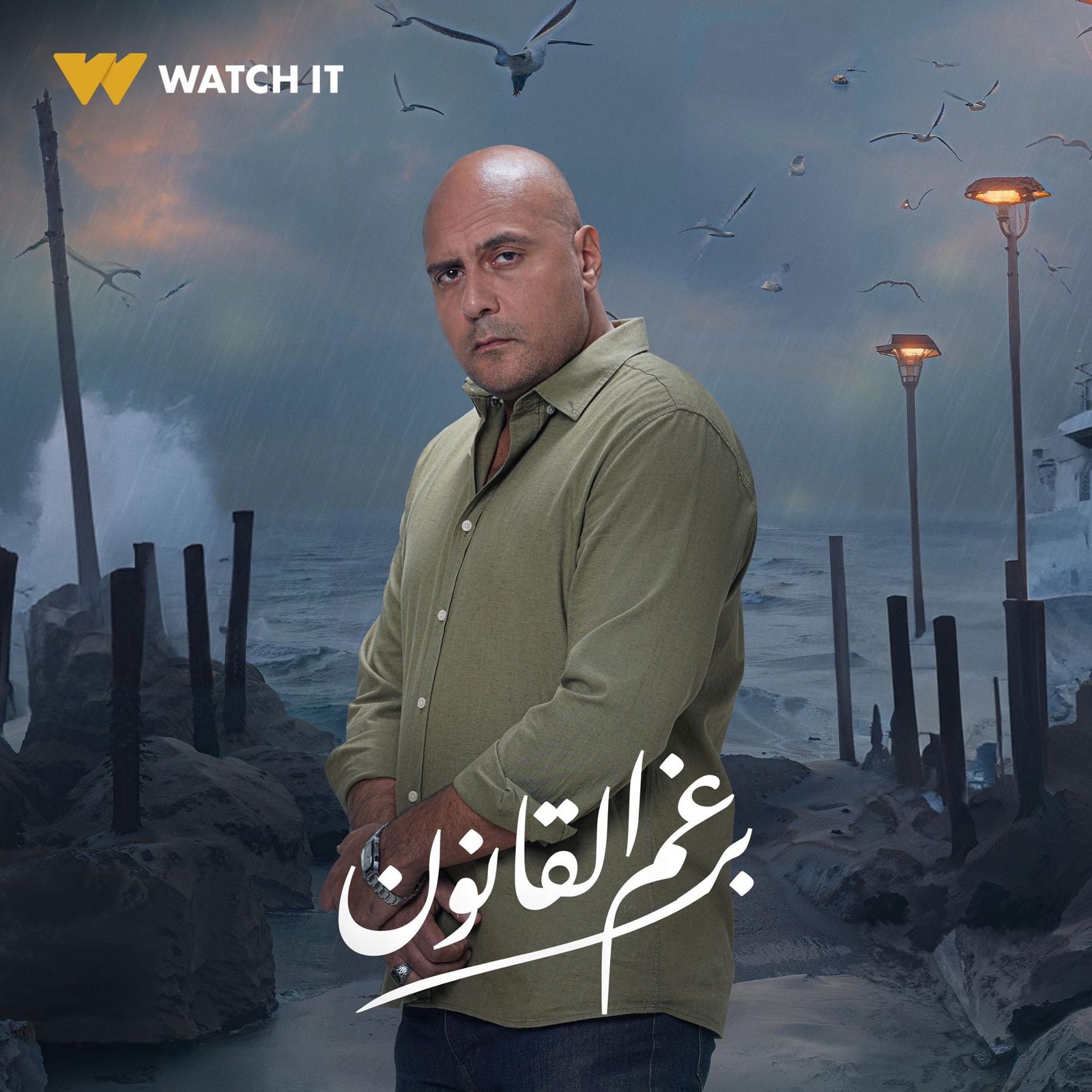
Walid Fawaz, who once again portrays a toxic man, shows great skill in these roles. However, it's becoming predictable, and he could benefit from a change. A shift to playing a more decent character would challenge him as an actor and offer audiences something fresh. Similarly, Ehab Fahmy's cartoonish portrayal of a villainous sidekick needs to be more varied. At the same time, Joury Bakr's role mirrors her manipulative wife character from Gaafar El Omda, except for the different social classes.
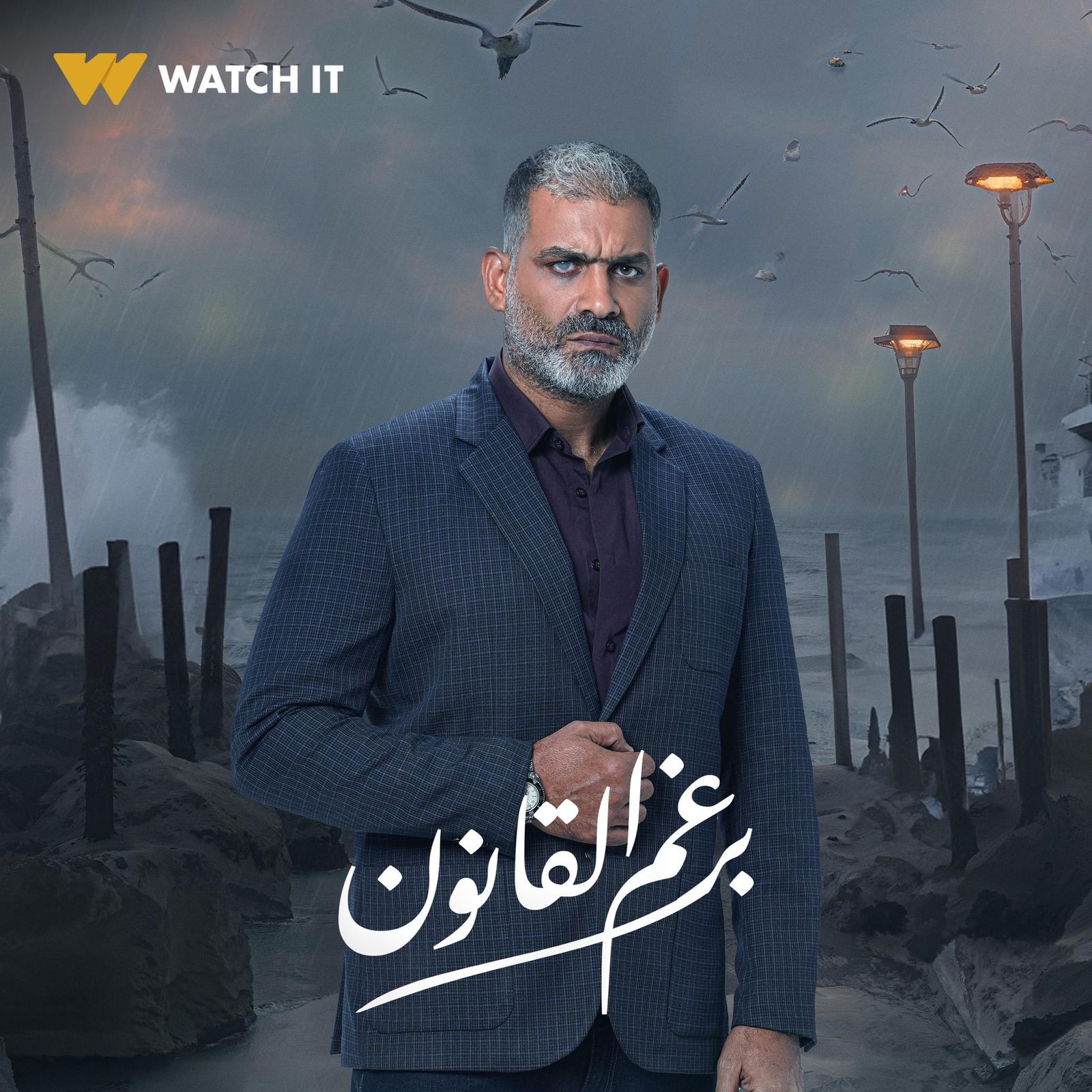
Hany Adel's character, while the initial portrayal painted him as Perihan's abusive and controlling brother, the sudden shift to revealing him as "misunderstood" felt abrupt and poorly explained. His motivation, centred around his vendetta against Akram for injuring him, was a significant plot point, but the execution was puzzling. Having been pushed from a three-story building and landing on a car, his only injury was a blinded eye. While some makeup work was done to make the injury visible, his eye still moved naturally, diminishing the gravity of his supposed impairment. A more serious injury or physical limitation would have made the plot more believable and aligned better with his character's revenge-fueled arc.
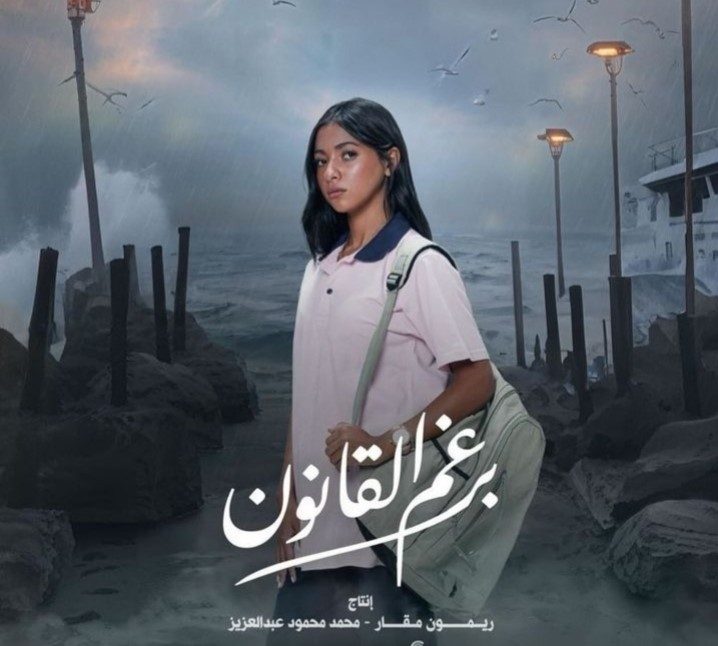
Finally, the younger cast, Jessica Hossam Eldin and Youssef Raafat had a storyline that was prematurely cut due to shooting conflicts and censorship issues. Their plot involving experimentation with sex and drugs could have offered a fresh angle, but it was resolved too quickly. The show missed an opportunity to explore these characters deeply, instead focusing on Abed Anany's overextended divorce subplot, which felt unnecessary and forced.
Psychological Manipulation

One of the central themes of the show is gaslighting, a form of psychological abuse where the manipulator undermines the victim's reality. This concept is vividly portrayed in the relationship between Akram and Perihan, with Akram slowly eroding her self-confidence and sense of reality.
The show expertly handles this theme, with Akram isolating and manipulating her into doubting herself and her relationships. It is noted that gaslighting is a form of serious psychological abuse, often used by narcissistic individuals to control their victims.
Worth the Watch
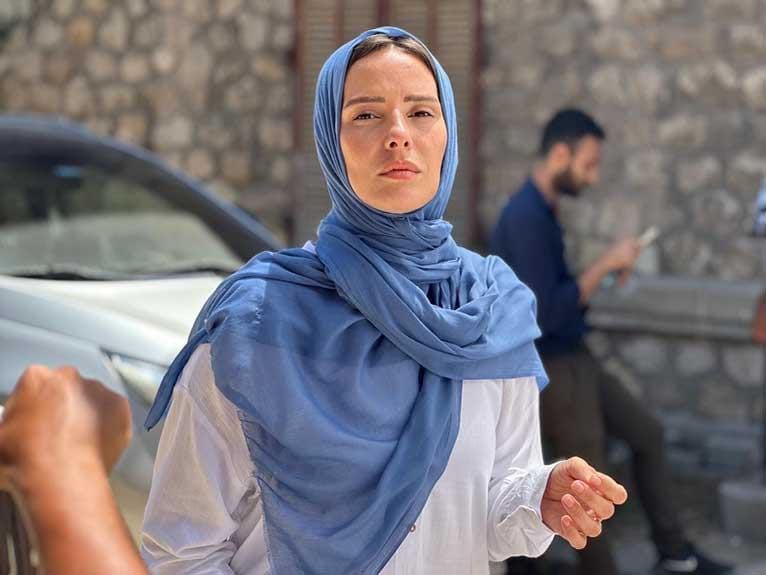
Now that the show has concluded, it leaves behind a trail of intense discussions, mixed reviews, and unforgettable moments. While not without its flaws, particularly in pacing and certain plot diversions, the series succeeds in pushing boundaries and addressing contemporary social issues like psychological manipulation and the struggles of women seeking justice.

